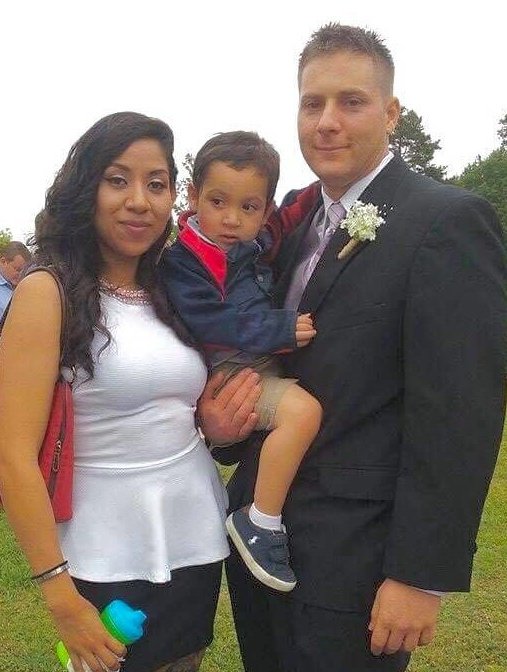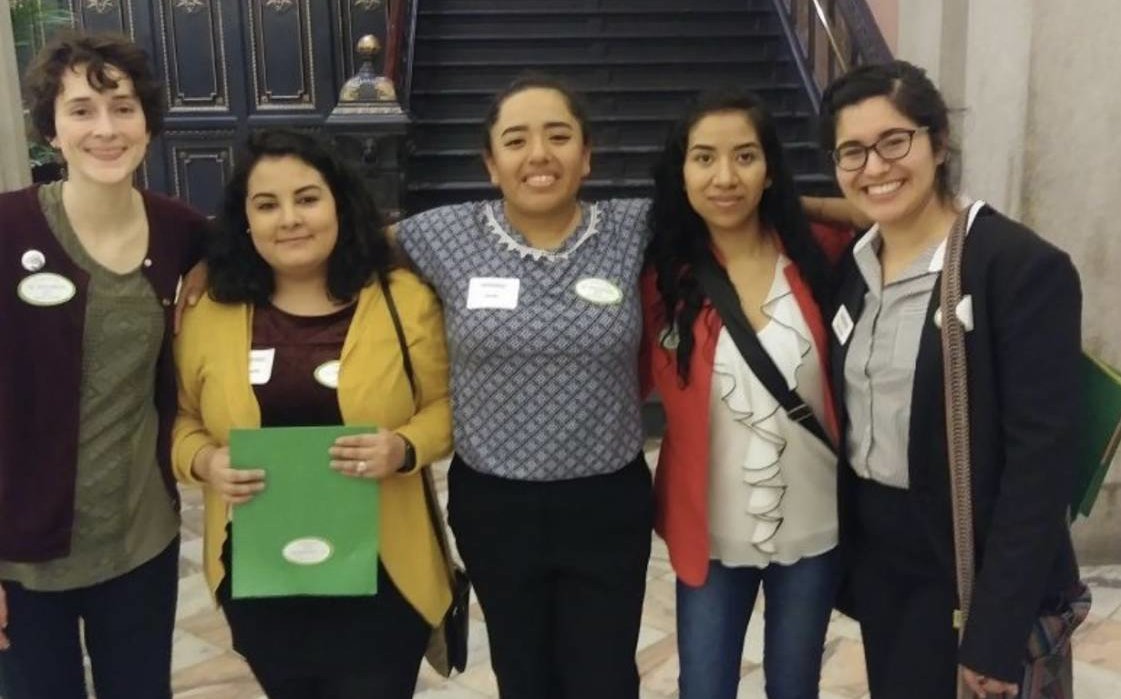Posted in Blog, Immigration
As the 2018 Legislative session winds down, it is time to look back on the progress the SC Dreamers Act made this year. It is absolutely exciting that the SC Dreamers Act was filed this year.
Never before has there been a champion on this issue like Rep. Neal Collins. His enthusiasm and commitment influenced many other Representatives to support the SC Dreamers Act. Likewise, in the Senate, Sen. Marlon Kimpson took this cause to heart, and his efforts caused many Senators to join the push to pass this bill this year.
Countless supporters across the state were also instrumental in spreading the word and building support for the SC Dreamers Act.
Unfortunately, despite best efforts, neither version of the SC Dreamers Act passed this session.
 This is incredibly disheartening to someone like Norma, who came to the United States and South Carolina when she was 11 years old. As she explains, her mom always told her, “good things come for those who work hard, that all I had to do was work hard and my dreams would come true.” This is something many would like to instill in future generations, but reality is much different. For Norma, she realized this as she was graduating from high school in 2010. She had dreamed of going to college and becoming a lawyer but learned that—despite living in South Carolina for eight years and speaking English fluently—this was impossible because she didn’t have a legal status.
This is incredibly disheartening to someone like Norma, who came to the United States and South Carolina when she was 11 years old. As she explains, her mom always told her, “good things come for those who work hard, that all I had to do was work hard and my dreams would come true.” This is something many would like to instill in future generations, but reality is much different. For Norma, she realized this as she was graduating from high school in 2010. She had dreamed of going to college and becoming a lawyer but learned that—despite living in South Carolina for eight years and speaking English fluently—this was impossible because she didn’t have a legal status.
It wasn’t until President Obama signed the executive order creating Deferred Action for Childhood Arrivals (DACA) in 2012, that she was able to get a job and continue her education. She now works as a Certified Nursing Assistant, often caring for aging veterans. She would like to continue her education, but despite having the legal ability to attend college thanks to DACA, in South Carolina she would still have to pay as an international or out-of-state student, which is financially out of the question for her and her family. As she explains, she and her husband both work to support themselves and their 3-year-old son. If she qualified for in-state tuition, “it would make it so much easier, and I would not feel that guilt that I were taking away from my family to pursue my dreams,” because it wouldn’t be such a burden on their family for her to go to school. As it is, Norma would be charged $30,600 to complete an associate’s in Paralegal studies at a local technical school—which she aspires to do—compared to her peers who are charged $10,200 as “residents.”
When Norma learned of the proposed SC Dreamers Act and how it would change SC state law to allow DACA recipients to receive in-state tuition, certain scholarships, and professional licenses, she knew she wanted to try and help it pass. In February, she participated in a lobby day organized by SC Appleseed and our community partners to advocate for the bill, alongside many others from across the state. She spoke to her legislators then, and continued to follow up with them through phone calls and letters. It was very disappointing for her that it did not pass, but she has hope that it will pass next year. The passage of the SC Dreamers Act would change Norma’s life and the lives of many others in South Carolina for the better.
Despite the disappointment, there are so many reasons to celebrate the progress that was made this year and look to the future with hope. SC Appleseed Legal Justice Center will continue to work together with the community and legislative partners to try once more to pass this legislation in 2019.

So, what can be done now to begin to prepare for the 2019 legislative session?
If you are a DACA recipient, continue to tell your story. Talk to at least five folks who live in your District and care about you. Explain how your life has been affected by not being eligible for in-state tuition, state scholarships and professional licensing. Let them know this issue affects you personally.
If you are an ally, educate others about this issue and talk to your own legislators. It is important that they hear about this issue from everyone.
Many legislators will be out in the community campaigning between the end of the legislative session and the elections in November. Try to find an opportunity to talk with them while they’re home in your District. If you’ve spoken to them before, remind them who you are and why this issue is so important to you.
Most of all, don’t give up!
This year was a great start to this effort and it must continue!

